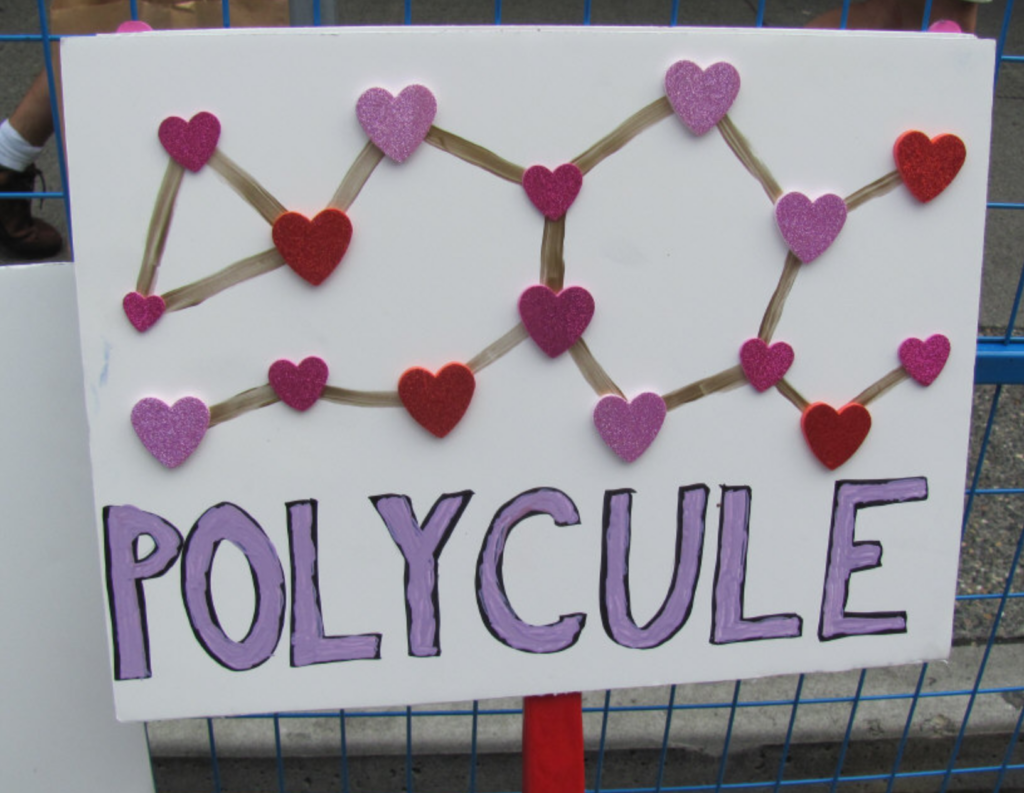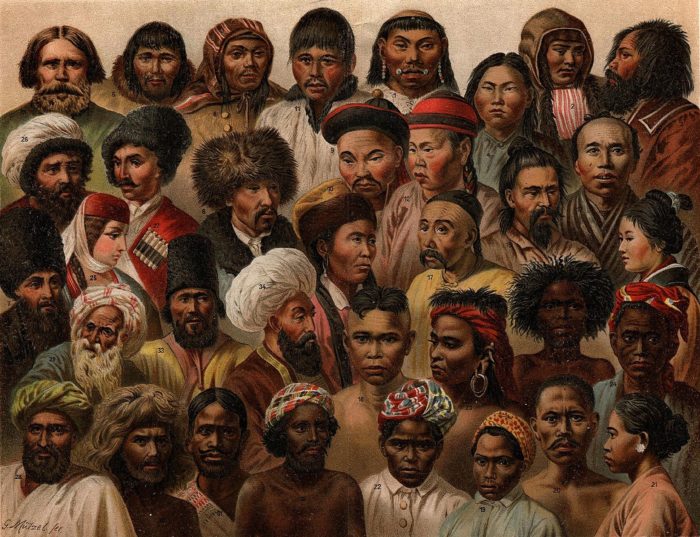
I’ll begin from this insight: certain kinds of personal relationships seem to ‘fit’ better with certain economic forms. That’s one (possible) implication of the ‘base and superstructure’ thesis, after all. But that’s just a starting point.
I think of this in roughly the same way Marx did, so long as we interpret Marx in a way that avoids any kind of hardcore historical determinism or teleology. The relationship between economic relations and personal relations isn’t one way and deterministic. The notion of a causal feedback loop is better, though that, too, has its shortcomings.
Rather, it’s a dialectical relation. As David Harvey points out in his Companion to Marx’s Capital, we’re talking here about a highly fluid and transformative relation. One that’s always in motion. The base and superstructure co-evolve, as it were. The base perhaps sets a basic tone, or a set of limitations, and/or an ‘easier’ path. But it’s much more open-ended than any deterministic relation or feedback loop allows.
And so, let’s start with some basic questions. What kinds of relationships best fit our current situation in the United States, which we might describe as ‘neoliberal capitalism’ or ‘financialized capitalism’? How do those relationships differ from those that fit the Keynesian consensus? Or the even earlier stages of industrial capitalism?
I’m writing here about polyamory in light of this background.



